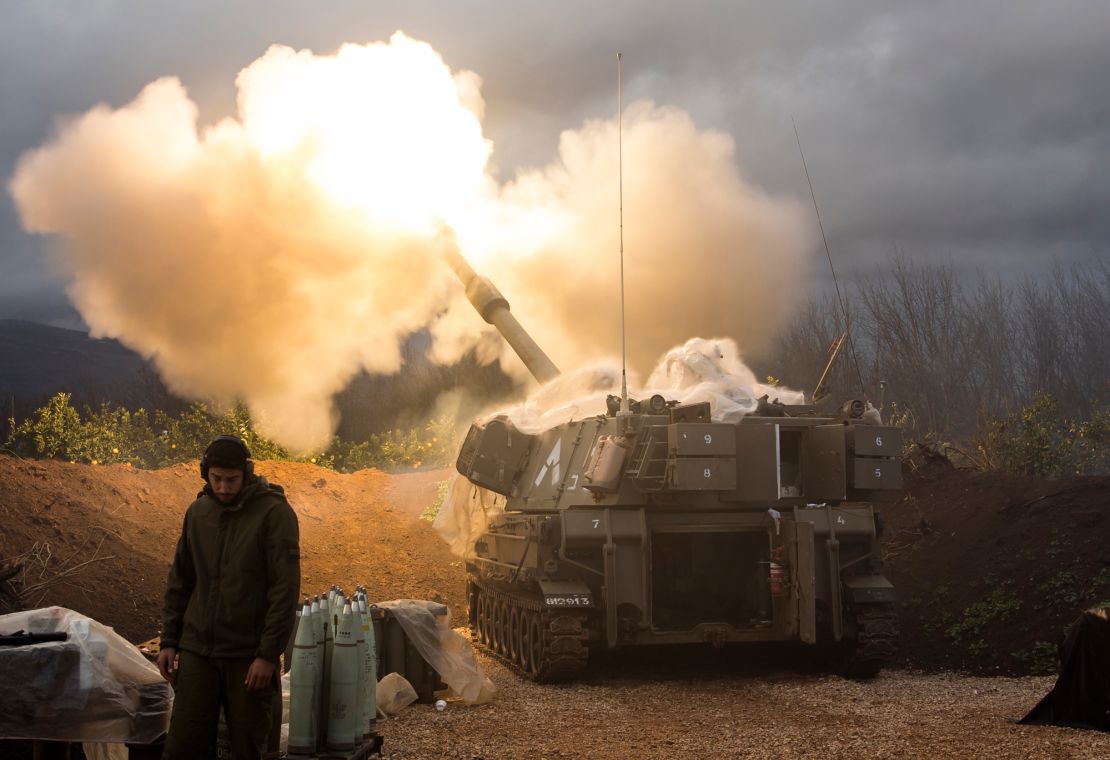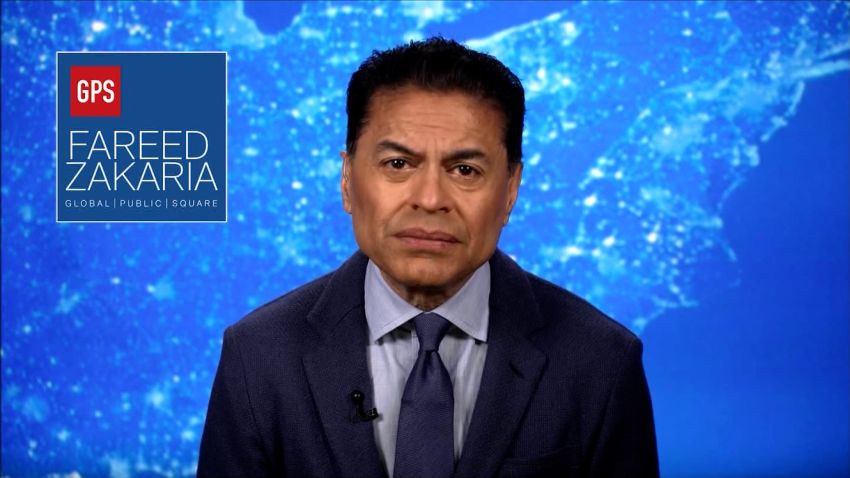Editor’s Note: Fareed Zakaria is the host of Fareed Zakaria GPS, airing at 10 a.m. and 1 p.m. ET Sundays on CNN. Follow Fareed on X, and read news, analysis, and insights from Fareed and his team in the daily CNN newsletter Fareed’s Global Briefing. The views expressed in this commentary are his own. Read more CNN Opinion
Looking at the crises proliferating around the world, it is clear that we are in an age of geopolitical tension that resembles the Cold War — a time of constant, continual threats to international order. But this time, the West is treating each of these threats as one-offs to be dealt with separately in the hope that normalcy will soon return. But conflict is the new normal.
Look around. The war is going badly for Ukraine, which is critically outgunned and outmanned by its much larger adversary. Its key advantage, access to Western arms and money, is in peril. The US Congress seems unwilling to pass legislation to send it more arms and money. The European Union is stepping in and filling part of the gap, but Europe does not have the military industrial complex to send Ukraine the level of armaments it needs to fight Russia.
Ukraine’s army has held out heroically against Russia’s onslaught. But as a senior European diplomat said to me recently, “Ukrainians are brave and bold, but they are not supermen. They will not be able to hold on if they don’t have weapons and supplies.”
Russian President Vladimir Putin is making sure that he can keep the war going, getting arms from North Korea and recruiting men from as far as Cuba. He continues to benefit from the fact that many of the world’s major economies — from China and India to Turkey and the Gulf States — are trading freely with Russia. If Russia’s aggression works, it tears up a norm that has largely stood for 80 years: no change of borders by force.
Meanwhile, in the Middle East, many believed when the Gaza war began that it would be short, and that Prime Minister Benjamin Netanyahu’s government would fall. Neither is likely.
The Israel Defense Forces, humiliated by the surprise attack of October 7th, are determined to completely eradicate Hamas from Gaza. That means months more of bombing, fighting, and bulldozing. The tensions and internal debates that Israel’s actions will produce in other countries will only rise.
Netanyahu is going nowhere. Most Israelis may dislike him, but they approve of his war policies. This week, in a pointed rebuke to international — including American and British — calls for pursuing a two-state solution, Israel’s Knesset approved a resolution declaring that it was opposed to any unilateral recognition of a Palestinian state with 99 out of 120 votes. (Netanyahu’s coalition has only 64 members, so many opposition parliamentarians joined in.)

One less-noticed theater has been in the North. Israel has been striking and killing Hezbollah militants, to the point that by one account, it has killed over 200 of them. This campaign will continue and might even accelerate.
The IDF’s goal is to weaken Hezbollah to the point that the roughly 80,000 Israelis who fled their homes in northern Israel can return. At some point, Hezbollah might respond forcefully, which could trigger an Israeli incursion into Lebanon, truly widening the war.
And then we have the Houthis, who have managed to assert themselves through a series of pinprick strikes that, according to one consulting firm, have reduced the number of container vessels through the Suez Canal by about 72% since they began in December. American efforts to organize an effective coalition to keep trade flowing through the Red Sea have failed. Its efforts to respond to Houthi attacks have not caused a cessation in Houthi strikes.
This failure is a blow to the credibility of the United States’ guaranteeing the freedom of the seas, a key component of the open global economy that has been built over two centuries, first with the British Navy and then the American. And more threats to the maritime underpinnings of that order are on the horizon. Russia and China have both been building up the capacity to cut undersea cables, which are now an integral part of the “cloud” on which data is stored across the globe. If the United States cannot deter a sub-state actor like the Houthis from its disruptive behavior in the Red Sea, what chance does it have against powers like China and Russia?
There are ways to address all these problems. But it requires a paradigm shift in the Western world. We are now in a high-security age. That means governments have to spend significantly more on defense — and spend more efficiently.
The US took on the role as guarantor of the freedom of the seas in 1945 and has been master of the seas ever since. In the 1980s, it had almost 600 ships, but today it has fewer than 300. Europe has lost its military industrial complex, which allowed it to produce munitions on a near-constant basis.
In these new, dangerous times, congressional Republicans have decided to return to isolationism, hoping that they can bury their heads in the sand and the problems will somehow go away. It should be noted that contrary to popular belief, ostriches do not bury their heads in the sand to escape threats. In fact, it would lead to their asphyxiation. Maybe the birds understand something congressional Republicans don’t.





